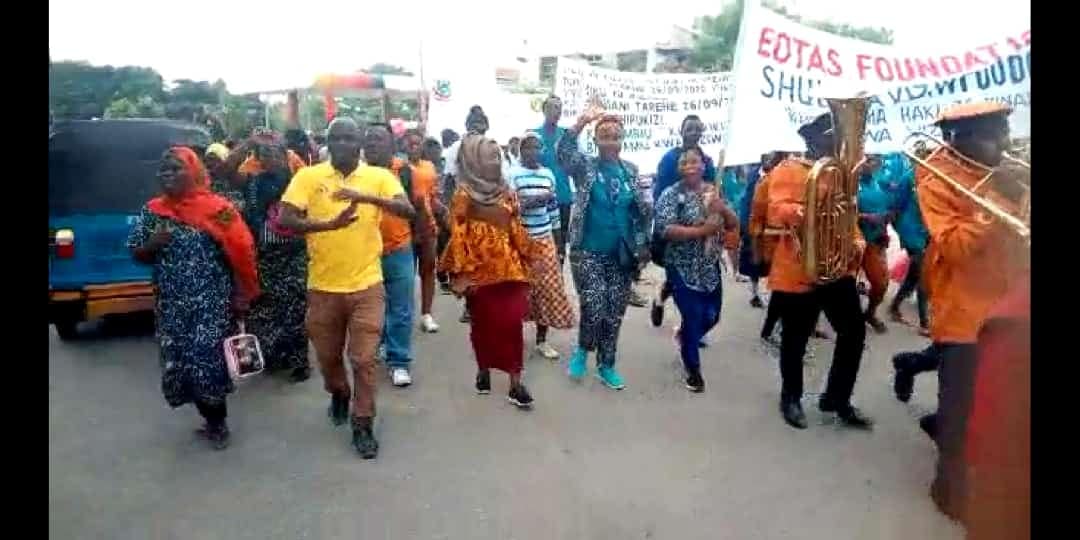Without sign language and without proper access to sign language interpretation, deaf people are excluded from most social life.
Tanzania has ratified the UN Convention on the Rights of Persons with Disabilities, and since 2010 the country has had its own very fine supplementary legislation. Unfortunately, the legislation is largely unknown outside of very narrow circles.
The division of tasks between different authorities and levels in Tanzania’s public sector requires local authorities, corresponding to Danish regions and municipalities, to ensure compliance with both the convention and national legislation.
Studies have shown that virtually no local authorities are aware of either the convention or the relevant Tanzanian legislation. There’s no money for the job either.
This is the situation that the new CICED-CHAVITA collaboration will try to change. The whole of Tanzania cannot be turned around to work towards deaf rights in 18 months. That’s why we start with an intensive effort in the three regions: Mtwara in the south, Tanga in the north and Dodoma in the central part of the country.
The project aims to raise awareness of the rights of deaf people and in particular the need for the use of sign language and access to sign language interpretation. Deaf community organizations must be empowered to advocate and engage their members in spreading awareness and recognition of deaf rights.
New technology will be used and a ‘sign language app’ will be developed to expand the ability of deaf people to communicate with the outside world.
Before the project ends, lessons learned from the three pilot districts will be translated into a national campaign plan to promote the real right and access of deaf people to use sign language and sign language interpretation in conversation and collaboration with public authorities and Tanzanian society as a whole.














